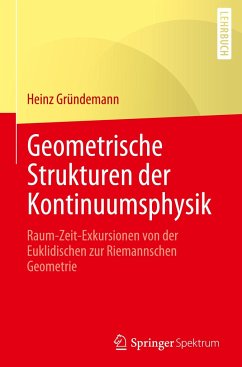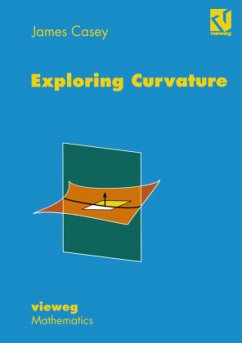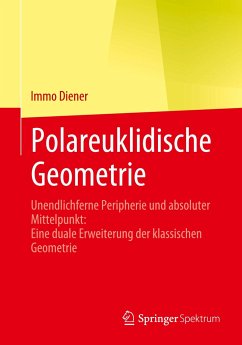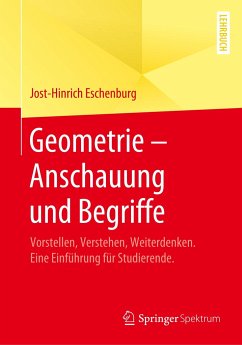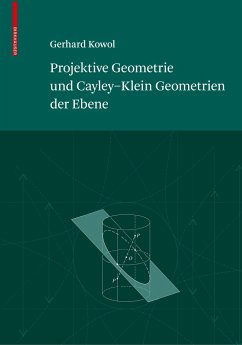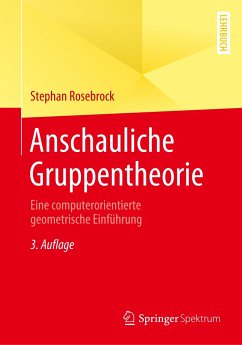
Analysis of Spherical Symmetries in Euclidean Spaces
Versandkostenfrei!
Versandfertig in 1-2 Wochen
75,99 €
inkl. MwSt.
Weitere Ausgaben:

PAYBACK Punkte
38 °P sammeln!
This self-contained book offers a new and direct approach to the theories of special functions with emphasis on spherical symmetry in Euclidean spaces of arbitrary dimensions. Written after many years of lecturing to mathematicians, physicists and engineers in scientific research institutions in Europe and the USA, it uses elementary concepts to present the spherical harmonics in a theory of invariants of the orthogonal group. One of the highlights of this book is the extension of the classical results of the spherical harmonics into the complex. This is particularly important for the complexification of the Funk-Hecke formula which successfully leads to new integrals for Bessel- and Hankel functions with many applications of Fourier integrals and Radon transforms. Exercises have been included to stimulate mathematical ingenuity and to bridge the gap between well known elementary results and their appearance in the new formations.
This book gives a new and direct approach into the theories of special functions with emphasis on spherical symmetry in Euclidean spaces of ar bitrary dimensions. Essential parts may even be called elementary because of the chosen techniques. The central topic is the presentation of spherical harmonics in a theory of invariants of the orthogonal group. H. Weyl was one of the first to point out that spherical harmonics must be more than a fortunate guess to simplify numerical computations in mathematical physics. His opinion arose from his occupation with quan tum mechanics and was supported by many physicists. These ideas are the leading theme throughout this treatise. When R. Richberg and I started this project we were surprised, how easy and elegant the general theory could be. One of the highlights of this book is the extension of the classical results of spherical harmonics into the complex. This is particularly important for the complexification of the Funk-Hecke formula, which is successfully used to introduce orthogonally invariant solutions of the reduced wave equation. The radial parts of these solutions are either Bessel or Hankel functions, which play an important role in the mathematical theory of acoustical and optical waves. These theories often require a detailed analysis of the asymptotic behavior of the solutions. The presented introduction of Bessel and Hankel functions yields directly the leading terms of the asymptotics. Approximations of higher order can be deduced.





